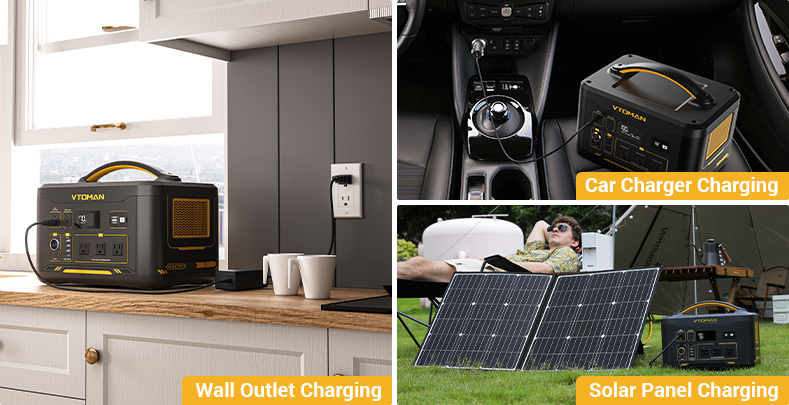When it comes to camping, having a reliable generator can greatly enhance your outdoor experience. However, the noise generated by traditional generators can be a major drawback, disrupting the tranquility of nature and disturbing fellow campers. In this article, we will explore various noise reduction strategies to help you find the quietest camping generator.
Choosing the Right Generator
The first step in reducing noise is selecting the right generator for your camping needs. Look for generators specifically designed for camping or outdoor use, as they are often equipped with noise reduction features. These generators are typically designed to operate at lower decibel levels, ensuring a quieter camping experience.
Additionally, consider the power output of the generator. A smaller generator that meets your power requirements will generally produce less noise compared to a larger, more powerful generator. By choosing a generator that matches your needs, you can minimize noise without compromising on functionality.
Soundproofing Techniques
Another effective strategy for reducing noise from your camping generator is soundproofing. There are several ways to achieve this:
- Enclosures: Constructing an enclosure around the generator can significantly reduce noise levels. Use sound-absorbing materials such as foam or rubber to line the enclosure, effectively dampening the sound waves. Ensure proper ventilation to prevent overheating.
- Baffles and Mufflers: Installing baffles or mufflers on the exhaust system of the generator can help reduce noise. These devices work by redirecting and absorbing sound waves, resulting in quieter operation.
- Distance: Positioning the generator farther away from your camping area can also minimize noise. The further the generator is from your campsite, the less noticeable the noise will be. However, ensure that the generator remains within a safe distance for operation and maintenance.
Modern Technology and Innovations
Advancements in technology have led to the development of quieter camping generators. Inverter generators, for example, are known for their quiet operation. These generators use advanced electronics to regulate the engine speed, resulting in reduced noise levels. Inverter generators are also more fuel-efficient, making them an excellent choice for camping.
Some generators also feature noise reduction technologies such as sound-dampening enclosures and mufflers. These innovations help minimize noise without compromising on performance. When researching generators, look for models that specifically mention noise reduction features.
Regular Maintenance and Care
Proper maintenance and care can go a long way in reducing noise from your camping generator. Regularly clean and inspect the generator to ensure optimal performance. Pay attention to the exhaust system, as clogs or damage can increase noise levels. Additionally, follow the manufacturer's guidelines for oil changes and other maintenance tasks to keep the generator running smoothly and quietly.
By implementing these noise reduction strategies, you can find a camping generator that provides the power you need while keeping noise levels to a minimum. Remember to prioritize your camping experience and the environment by choosing a generator that aligns with your noise reduction goals.
